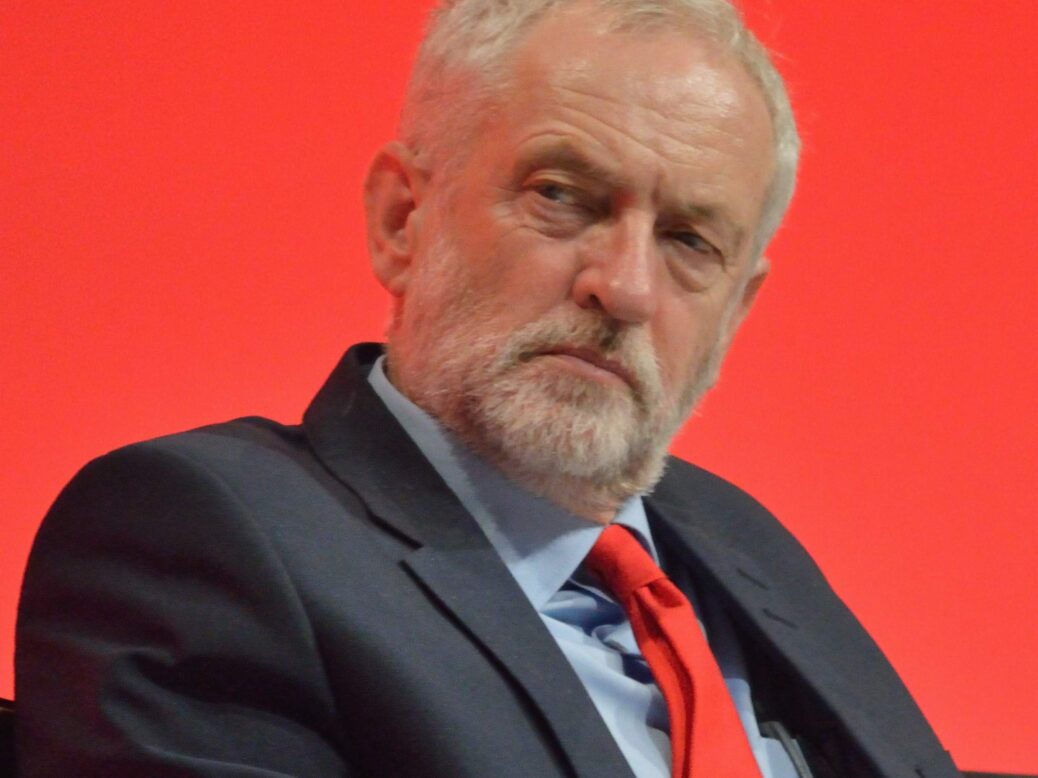
Labour’s radical manifesto relies heavily on IHT reform, but what does it actually mean for taxpayers, asks Mike Hodges
One of the cornerstones in the Labour Party’s tax and spend approach set out in their current election manifesto is reform to the inheritance tax system.
Jeremy Corbyn has committed to reversing George Osborne’s ‘cuts’ to the inheritance tax rate, which has been widely interpreted to mean abolishing the main residence nil-rate band, introduced in Osborne’s 2015 budget.
The residence allowance, initially set at £100,000 per person, currently stands at £150,000 and is set to increase to £175,000 in April 2020. At that point, the measure will have achieved its objective of allowing a married couple whose main asset is the family home to pass £1 million to their children or grandchildren free of inheritance tax.
For the moment, let’s focus on the smallest estates which are currently liable for inheritance tax, those which just meet the threshold.
HMRC figures from 2016-2017 (before the residence nil-rate band took effect and with just the normal nil-rate band of £325,000) show that just over 7,000 estates valued between £300,000 and £500,000 were liable for inheritance tax. On average each of these estates paid £28,300, a total tax take for the Exchequer of close to £200 million. At the same time, 36,000 estates within this bracket did not pay inheritance tax, largely because of other inheritance tax reliefs.
Looking forward to 2020, under the current regime all these estates with a value up to £500,000 (£1 million for a married couple) which are able to take advantage of the residence nil-rate band will be outside the inheritance tax net completely. However, under Labour’s proposals, and assuming John McDonnell in 11 Downing Street abolishes the residence nil-rate band, we could expect to see the inheritance tax bill for the same couple rising to £140,000, with all of their assets above their combined nil rate bands of £650,000 subject to inheritance tax at 40 per cent.
In terms of the tax revenue it generates, inheritance tax pales into insignificance when compared with the yield from Income Tax, National Insurance and VAT, yet it continues to be possibly the most unpopular of all the taxes and give rise to the most emotion.
At the same time, it is fair to say that it is the most ‘political’ of the taxes and something of a political football. Indeed, as recently as this summer, John McDonnell was reported to be in favour of suggestions to abolish inheritance tax altogether and replace it with a lifetime gifts tax with a threshold set at £125,000, £200,000 less than the current inheritance tax nil-rate band.
Whilst having sufficient assets to be liable to pay inheritance tax may seem to some to be a sign of wealth, there is also a sense that this is in large measure only down to the level of recent price rises which have seen family home values soar. At the same time, the inheritance tax nil-rate band has now been stuck at £325,000 for more than a decade and it may well be that earnings have not risen by as much as property prices over the same timeframe. So, whilst these households may on the face of things be wealthy, most of this wealth may be tied up in the family home, an illiquid asset, and with a stagnation in certain parts of the property market, increasingly hard to sell.
This, in fact, was one of the key reasons that George Osborne’s extra relief was brought in – to mitigate against middle class taxpayers being dragged into the inheritance tax net by virtue of what some saw as the wealth created only by the rising value of their homes.
It is also worth noting that the additional nil-rate band does not extend to the ‘super wealthy’. For estates worth more than £2 million the relief starts to taper with a reduction of £1 of additional relief for every £2 of value over the £2 million threshold.
Taking all of the numbers and trying to make sense of them, the obvious conclusion is that it may well be ‘Middle England’ which will be most acutely affected by abolishing the residence allowance. Many will be people who do not consider themselves rich, but who have worked hard and saved in order to purchase their family home, and who may discover that their intention to leave that home to their children is significantly more expensive should Labour’s proposals make it onto the statute book.
It is certainly the case that inheritance tax has been a hot-button topic in recent years, and particularly in this general election. The Conservative party have hinted at their own radical reforms to so-called ‘death tax’, with Chancellor Sajid Javid suggesting they may look at scrapping it entirely.
Where we will end up following the recent review by the OTS into simplifying inheritance tax is still very much up in the air at least until we know the outcome of the forthcoming election. Even then, whoever wins this election, it seems that taxpayers are unlikely to get certainty on the future of their estates anytime soon.
Photo credit: Rwendland @Wikimedia Commons
Mike Hodges is a partner in the Private Wealth team at Saffery Champness
Related…







